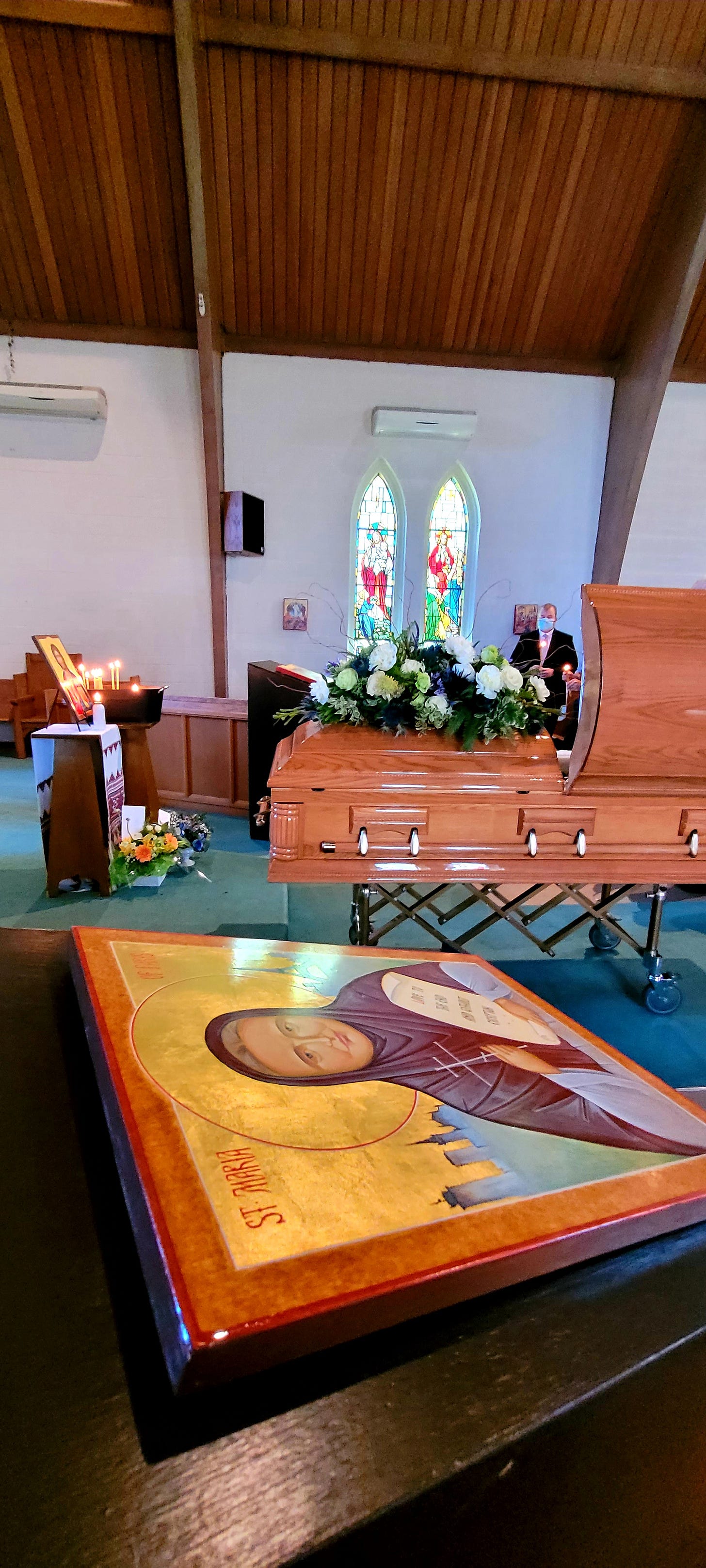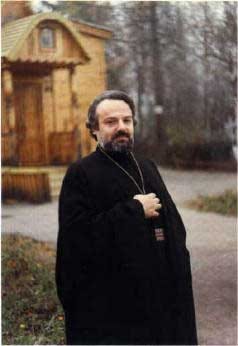Lent: A Re-Invitation to Embodiment
What if there is another way through Lent than fragmented enmity with our bodies?
All Lent, I’ve been trying—unsuccessfully—to craft an essay that puts words to some ideas I’ve been sitting with about the relationship between Great Lent and our bodies. The weight of trying to unify all my ideas—many of them still provisional—into one conclusive essay is what’s causing me to stumble, I think.
As the midpoint of Lent approaches this Wednesday, I’ve decided that in what remains of the Fast I’ll instead write a little bit at a time on this topic.
My hope is to hone my thinking and self-awareness of my own tendency towards a kind of disembodied faith. I share the writings here in case it helps others.
The inter-relationship between soul and body is tenuous for most of us, not only because we inhabit a dominant culture of materialism and latent gnosticism, but also because of the prevalence of trauma in our world, which is inherently fracturing to the psycho-somatic unity God granted humanity in the beginning.
Lent as a Repudiation of the Body?
It’s easy, perhaps even instinctual, to perceive Lent as chance to repudiate our bodies.
When not properly understood or contextualized, traditional ascetical practices such as fasting, abstinence, and prostrations can send the message that something is inherently wrong/evil about our bodies and their basic appetites, or at least that something about them is at odds with a faithful Christian life.
In this purview, Lent and its disciplines become weaponized either to punish the body into compliance, or ignore its needs, desires, and limitations. A kind of spiritualized dissociation results, in which we become morally or spiritually motivated to detach our minds from our bodies to experience (we imagine) a more spiritual or illumined state, if only for 40 days.
Trauma survivors may be especially vulnerable to this kind of internal maneuvering. When traumatic memories and experiences remain unresolved, the body continues to bear silent witness, organizing itself into an unseen archive of memories, emotions, and sensations the victim was unable to fully process when they occurred. To refer to a book whose title is by now an almost cliched shorthand for the long-lasting psycho-somatic imprint of trauma, The Body Keeps the Score.1
Because of this reality, it’s easy to begin to see (and feel) our bodies as the enemy. Despite evidence to the contrary, we may also secretly blame our bodies for the wrongs others committed against us—if we didn’t look a certain way, maybe our perpetrator wouldn’t have targeted us; if we weren’t so sensitive, the event(s) would not still bother us so much; and on and on.
Although this is only my second Lent seeing clients as a trauma-informed coach, already I’ve noticed something of a trend (take this with a grain of salt, it’s only anecdotal). Many survivors I work with—if they happen to be Orthodox—express a higher degree of self-criticism and self-loathing in the weeks before and during the Lenten Fast than is typical for their personal disposition. Rather than paving the way to more freely receive the love of Christ, it’s almost as though the parameters and strictures of Lenten practices become extensions of their traumatic shame.
There are likely many factors for this, but deep down I wonder if some of this has to do with the fact that Lent—in its sheer physicality— confronts us with a reality we otherwise seek to avoid (whether trauma survivors or not): we have bodies.
I’ll say it again: we have bodies.
What we choose to do with the discomfort of this truth affects all other facets of our existence.
But what if there is another way through Lent—indeed through our entire lives—other than this fragmented enmity with embodiment?
What if we could instead receive the call of Lent as a re-invitation to our bodies, indeed into the totality of the soul-enfleshed nature humans were fashioned with in the beginning, but which sin and its resultant brokenness have distorted and fractured?
Understanding Lent as a re-invitation to true embodiment is the theme I hope to continue exploring in what remains of the Great Fast.
What does this re-invitation consist of? What is embodiment in the context of Lent, or rather the Christian life as a whole? How do we understand the seemingly “body-negative” language of repentance and Liturgy one encounters throughout Lent in the Orthodox Church?
I’ll conclude this post with a brief passage from Fr. Alexander Men, a Russian priest and dissident during the Soviet era who was murdered in 1990 (speaking of events that cause us to realize we have bodies).
Cautioning against the tendency to compartmentalize the body from prayer, he reminds us:
The human body is God’s wondrous creation, the most perfect creation in all of nature. A person is not simply ‘imprisoned’ within his body, but lives by it, expressing all of his aspirations through it.
When properly integrated with one another in the spiritual life, he writes, our human nature becomes a “microcosm” of the universe, making humankind the “embodiment of the universe, the entity through which natural existence ascends to God.”
“Therefore, when we build a spiritual life within ourselves,” he continues, “we must consider our hierarchical structure and strive to include our entire being in our walk with God.”2
May we strive to include our entire being in our walk with God.
Bessel van der Kolk, The Body Keeps the Score: Brain, Mind, and Body in the Healing of Trauma (Viking Press, 2014).
All quotations taken from An Inner Step Toward God: Writings and Teachings on Prayer by Father Alexander Men, edited by April French, translated by Christa Belyaeva (Paraclete Press: 2014), p. 101 or Scribd reading location 52-53.







